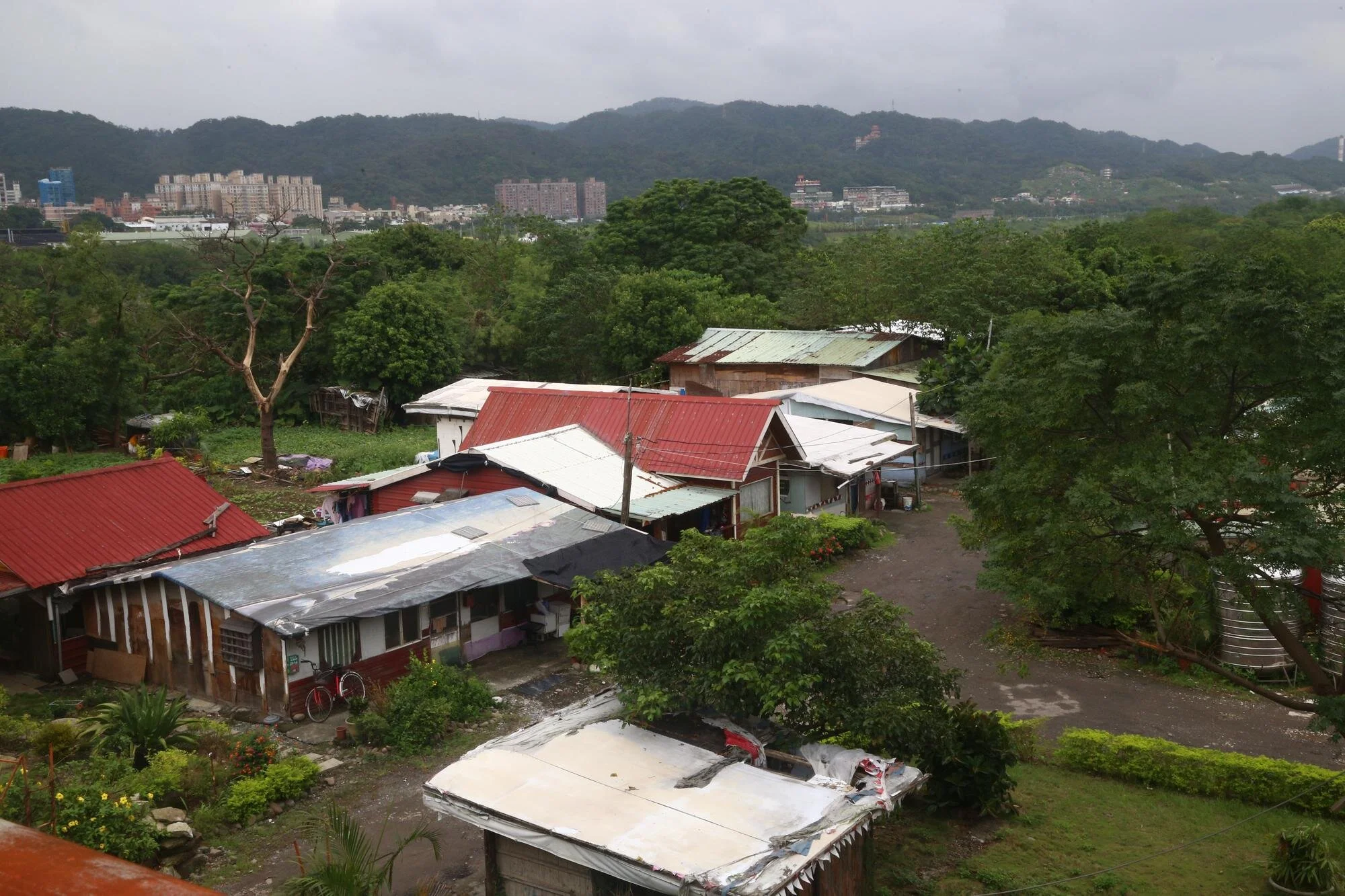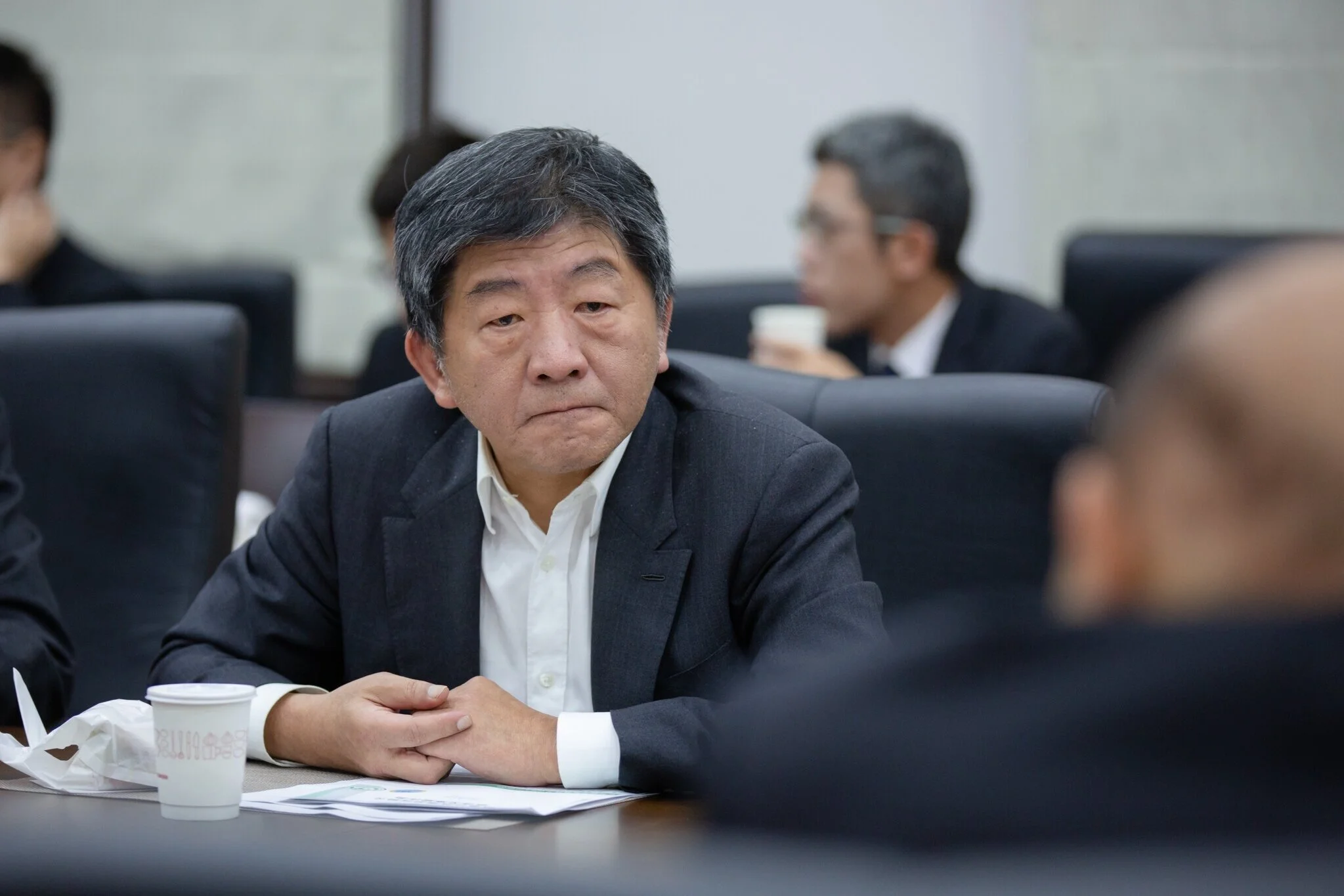Facing global criticism, WHO head directs his anger at Taiwanese web users
According to a source in the Ministry of Foreign Affairs, WHO head Tedros says Taiwanese web users are to blame for the rise in criticism directed at the WHO.
By Chou Pei-fen (仇佩芬)
Translated by Hung Hsing
This piece first appeared in Up Media (上報) and is copyright of the publisher.
As the global outbreak of COVID-19 boils over, so has dissatisfaction with World Health Organization (WHO) Director-General Tedros Adhanom. An online petition calling for Tedros's resignation has reached over half a million signatures. But Tedros doesn't believe the problem lies with him. According to a source at Taiwan’s Ministry of Foreign Affairs, the United States privately told Taiwanese diplomats this February that Tedros believed that recent online attacks calling the WHO head “pro-China” and “unfit for office” had come from Taiwan, and the attacks were politically motivated.
TOO SLOW TO ANNOUNCE A PANDEMIC AND TOO PRO-CHINA, MORE THAN HALF A MILLION CALL FOR TEDROS’ RESIGNATION
In late January, Canadian web user Osuka Yip launched a petition on Change.org, the world's largest online petition platform, calling for Tedros's resignation, and citing the failure of the WHO head to declare the novel coronavirus outbreak as a global health emergency. The petition, which has been translated into 13 languages, has received 520,000 (660,000 at the time of translation) signatures.
At the beginning of the outbreak and during WHO Executive Board meetings, a number of media outlets criticized Tedros for failing to respond; some reporters confronted Tedros at WHO press conferences, and questioned whether Tedros was overly partial towards China. In the face of such doubts, Tedros did not adjust his course of action; not only did he continue to praise China's approach, but he did not declare the COVID-19 outbreak a pandemic until one day after Chinese Communist Party (CCP) chairman Xi Jinping's (習近平) visit to Wuhan.
UNDER FIRE, TEDROS ECHOES CHINA’S UNFOUNDED STATEMENTS
Tedros is concerned about the past three months of controversy and criticism. According to a Taiwanese diplomat, US officials notified Taiwan in February that Tedros had privately complained that the internet has been full of accusations that he is “pro-China” and that he was unfit for office; Tedros added that Taiwanese cyber-armies (網軍) were behind the attacks, and that calls for Taiwan to participate in the WHO were “politically motivated.”
It is worth noting that Tedros' remarks are consistent with those of Beijing, leading some to suspect that Tedros' response may be influenced by China, pushing the WHO head to take a hardline stance on epidemic statistics, Taiwan's participation in the WHO, and other issues.
UNAFRAID OF TEDROS’ ANGER, TAIWAN’S RESPONSE HIGHLIGHTS ITS ACHIEVEMENTS IN CONTAINING THE EPIDEMIC
As for Tedros's anger at Taiwan, could it affect its bid to attend the World Health Assembly? The Ministry of Foreign Affairs does appear worried, but according to one official, Taiwan isn't the only country to voice concern about Tedros. On more than one occasion, the U.S. has expressed dissatisfaction with Tedros’ fawning over China. In order to counter China's influence over the WHO, the U.S. has nominated Brett Giroir, assistant secretary for health, to fill the U.S.'s vacancy on the WHO's Executive Board.
The official pointed out that even without the COVID-19 outbreak or Tedros' pro-China stance, Taiwan has already come to grips with the difficulty of participating in the WHA. Developments over the past three months aren't the only variables that will affect Taiwan's participation, and Tedros' personal controversies should not affect Taiwan's efforts to get involved.
Although Minister of Foreign Affairs Joseph Wu (吳釗燮) and his officials admitted that it was “highly unlikely” that it would be invited to attend the WHA this year, officials familiar with the matter said that the Ministry is stepping up international lobbying efforts to strengthen Taiwan's voice abroad, and highlight the country's efforts and contributions on international public health issues.
As Taiwan's performance in containing the virus has been widely praised, many governments have publicly expressed that they should learn from Taiwan, and called on the WHO to accept it's membership. Taiwan's National Security Council has also emphasized it's anti-epidemic performance and achievements in its promotion strategy. Coupled with increased pressure to hold the WHO and Tedros accountable for concealing the outbreak and dealing with delays, these recent events have bolstered Taiwan's case to participate in the WHA.
Although there is still a lot of uncertainty about whether this year's WHA will be held as scheduled, Taiwan will continue to promote its observer status in the Assembly through its “Health for All” global online campaign, which features an image of a stethoscope in the shape of Taiwan, as well as the tagline “Taiwan Can Help.”







